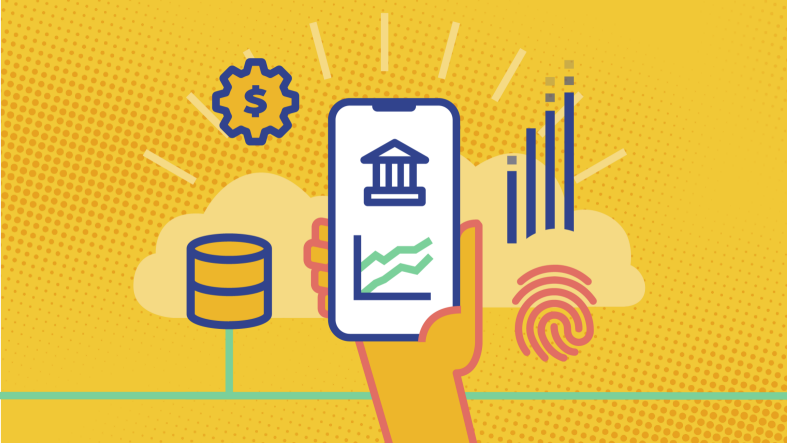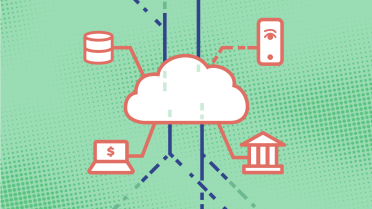A warm welcome to our new Tech Blog!
We are proud to welcome you to our new official Tech Blog!



Since you're reading this, chances are that the internet has had a profound impact on your life.
As to why, ask any network technician, and you would get a lecture on DNS, ethernet evolution and the intrinsic beauty of IP packet routing. Ask a media person and you would hear about distribution power, global reach and the democratization of information.
Asking an economist, however, might give you this simple answer: "internet lowered the margin cost of communication to (near) zero".
For those that don't speak economica, the margin cost is the cost of producing a second item once you've produced the first. Example: you build a factory that produces toasters. In order to build your first toaster you need a facility, machinery, workers, electricity, raw material and a warehouse, summing up to a pretty expensive first toaster. The margin cost is the cost of building the second one.
High margin costs drive a behaviour to bundle things. For instance bundling characters in a physical letter tight together on both sides of the sheet to keep the postage down (where the postage is the "margin cost of mail correspondence").
Lowering the margin cost of communication has shaken a number of industries — publishing, printing, music and marketing to name a few.
A family of technologies sprung from bitcoin is aiming to lower the margin cost of transactions. Along with a number of distributed ledger initiatives such as R3/Corda, Ethereum, Polkadot and Hyperledger, there's also a number of central banks tinkering with paperless cash systems. Add mobile tech into the mix and you get the full picture: paying has never been easier, or faster, and the margin cost of transactions is on a fast decline towards zero.
So it's time we ask ourselves the question: What impact will lowering the margin cost of transactions to (near) zero have on our lives? We come from a situation where we've batched payments on a monthly basis: salaries, mortgages, water bills and magazine subscriptions, and enter into a situation where that same batching becomes obsolete, effectively serving to make payments more expensive. Not to mention cumbersome.
Give it a number of years, and the laws of economics will see to that our salaries are paid every hour. We would pay electricity every minute, water as soon as we opened the tap, Netflix every 30 frames and mortgages every 30 minutes. Personal finance would go from a jaggy chart with upward leaps on every salary payment, to a smooth line where our essential expenses are periodised throughout the month. Add to this the ongoing servitization trend ("usage-based pricing"), which serves to smooth payment patterns even further.
Financial services would enter into a micro scale: micro payments, micro hedges and micro financing, accompanied by micro insurances. The best way to describe a person's private economy would become y=mx+c, i.e. the general equation of a straight line.
In the world we're about to enter, 'liquidity' would become liquid in the true sense of the word.
The road ahead is not a tech race, but rather a trust race orchestrated by the legislative powers of our national states. For that reason, central banks will be crucial in driving the development, but that's a topic for another blog post.
We are proud to welcome you to our new official Tech Blog!

Welcome to the first post regarding the Cloud Journey that SEB is doing!

Do you have feedback or thoughts about future blog articles? Get in contact with us at the e-mail address below.